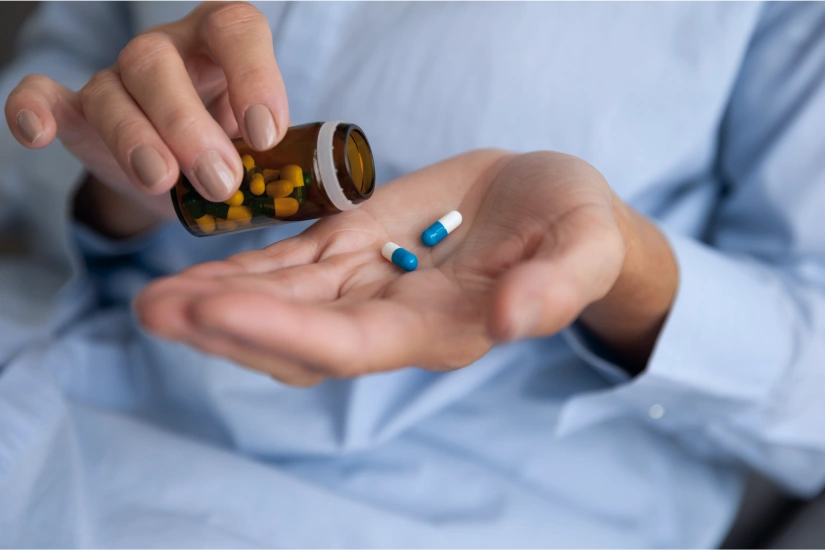24/7 Helpline:
(866) 899-221924/7 Helpline:
(866) 899-2219
Learn more about Prescription drug Rehab centers in Manassas
Prescription drug Rehab in Other Cities

Other Insurance Options

Private insurance

BlueCross

Choice Care Network

Aetna

CareSource

Evernorth

PHCS Network

Self-pay options

Health Net

EmblemHealth

Horizon Healthcare Service

Excellus

Ceridian

Premera

United Health Care

Holman Group

Optima

Providence

Multiplan

Health Partners

National Counseling Group
National Counseling Group is a private rehab located in Manassas, Virginia. National Counseling Grou...

Prince William County Behavioral Health
Prince William County Behavioral Health is a public rehab located in Manassas, Virginia. Prince Will...

Adult Substance Abuse Program
Adult Substance Abuse Program is a private rehab located in Manassas, Virginia. Adult Substance Abus...

Calvary Counseling Center
Calvary Counseling Center is a private rehab located in Manassas, Virginia. Calvary Counseling Cente...

Prince William Psychiatric Center
Prince William Psychiatric Center is a private rehab located in Manassas, Virginia. Prince William P...

Family Insight
Family Insight, located in Manassas, VA, focuses on enhancing well-being through evidence-based coun...

Sellati & Co. – Woodbridge Methadone Treatment Center – WMTC
Sellati & Co. – Woodbridge Methadone Treatment Center – WMTC is a private rehab located in Manassas,...


Pineland
Pineland - Memorial Drive services is a public, not-for-profit community based organization that hel...

Youth Haven Services
Youth Haven Services is a mental health and substance abuse specializing in children, adolescents an...

Remmsco – Men’s House
Remmsco - Men's House is an inpatient rehab for men located in Reidsville, NC. Remmsco - Men's House...

ALEF Behavioral
ALEF Behavioral Group was founded with one primary purpose, to help those struggling with Opioid-Use...









Pine Belt Mental Health Mental Health Resources
Pine Belt Mental Health Mental Health Resources offers outpatient treatment for individuals with alc...

Zoar Valley Recovery and Treatment Center
Zoar Valley Recovery and Treatment Center is a public rehab located in Collins, New York. Zoar Valle...

New Life – Remmsco Halfway House
New Life – Remmsco Halfway House is a private rehab located in Reidsville, North Carolina. New Life ...

Life Changes
Life Changes offers a variety of programs including EAP Services, DWI Assessments & Treatment, and S...

Insight Human Services
Insight Human Services is a nonprofit rehab located in Reidsville, North Carolina. Insight Human Ser...

Faith House
Faith House is a private rehab located in Reidsville, North Carolina. Faith House specializes in the...























